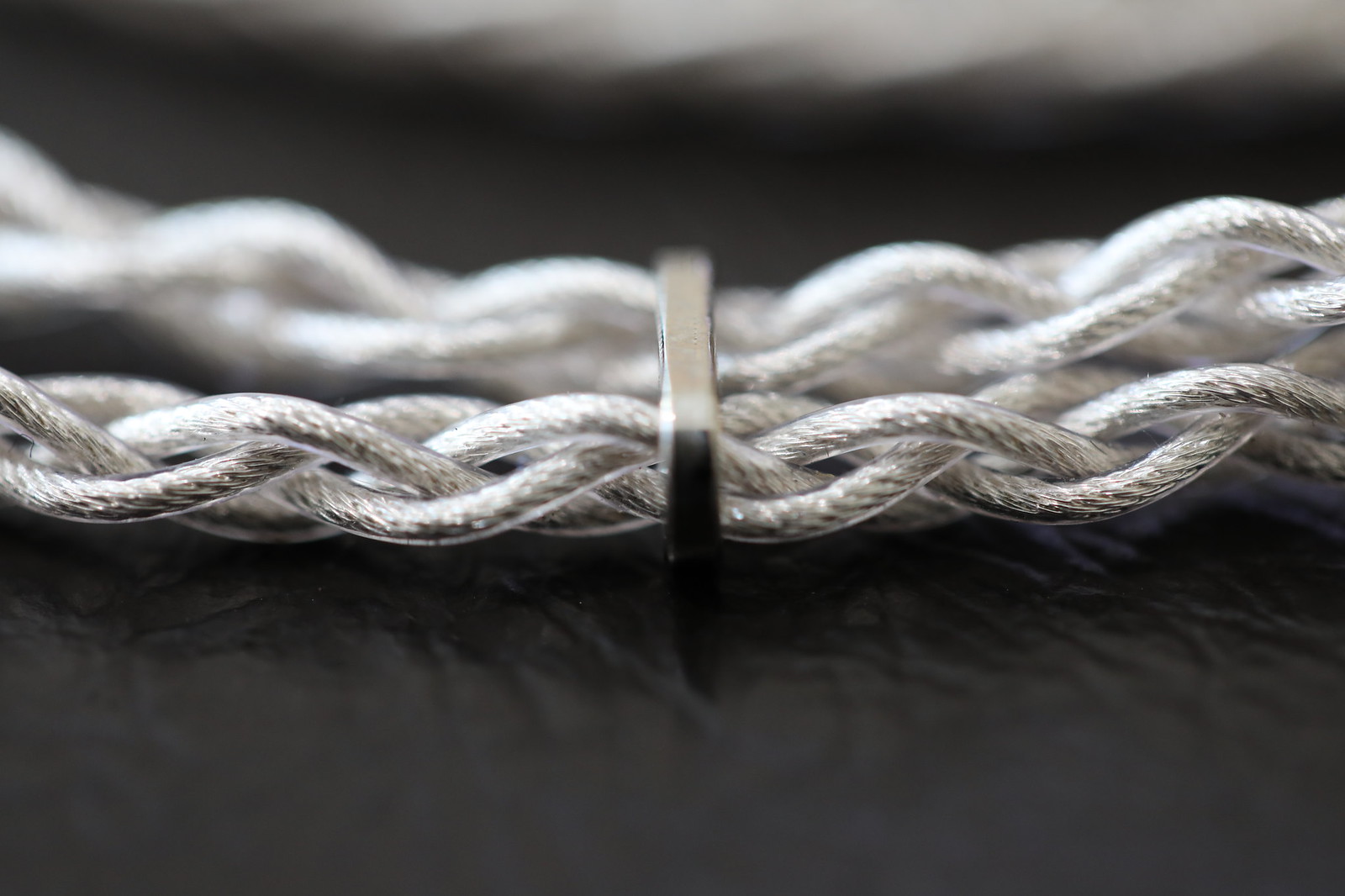Speedskater
Major Contributor
A phono cartridge to pre-amp cable is a different ball game than a line level interconnect cable.
True and I agree with you although the RCA cable looks the same, feels the same, is same size as other thicker RCA cables and it has RCA terminals. Why couldn't a regular line level more expensive RCA cable have capacitive and inductive reactance that changes the frequency response? Cables can sound different but just not always. It's usually snake oil as many here say but sometimes there is a reason for the difference. I subscribe to better cables but mostly for the better termination integrity and because I got them on the cheapA phono cartridge to pre-amp cable is a different ball game than a line level interconnect cable.
Because in a well designed analog audio interconnect system, the input & output impedance's are such that cable capacitive and inductive reactances have effectively no impact on frequency response. However with some legacy and boutique components, high total cable capacitance can lead to ringing or even oscillation.Why couldn't a regular line level more expensive RCA cable have capacitive and inductive reactance that changes the frequency response?
Why couldn't a regular line level more expensive RCA cable have capacitive and inductive reactance that changes the frequency response?
Of course, cables matter, if by that you mean sound different from each other. This is especially true with uber high end cables. This is because they use such widely divergent metals, configurations, and gizmos on them that I don't see how they could possibly sound the same. I run a set of Cerious Techologies Graphene Extreme speaker cables. Yes, they have graphene in them. How could they possibly sound just like a typical stranded copper cable? As to how they measure in any scientific test, I have no idea, but I really like the sound I'm getting. But the question was if cables "matter".
Your intuition has steered you wrong.
Maxwell's equations.How so? Can you offer any scientific explanation as to why competely different metals, dielectrics, materials, and topologies would make no difference?
I'm a electronic technician and not a engineer or physicist but I'll toss in my two bits.Maxwell's equations.[/QUO
How could they possibly sound just like a typical stranded copper cable?
I run a set of Cerious Techologies Graphene Extreme speaker cables.
 A huge red flag in my book... [/PET PEEVE]
A huge red flag in my book... [/PET PEEVE]There is or was a trend to thinking TPFE (teflon) dielectrics have a electron shock absorbing property but that's a load of rubbish in audio gear.

Hmm ... I should have a run at asking my 12 y.o. daughter braid some cables - she does a killer job with friendship bracelets!

So my question here, will my stuff sound better if i change my RCA interconnects / speaker cables?
I'll be honest, i dont really believe in this, imo the only thing matter is the "quality"of the AC/DC input, not the cable itself. On the RCA side, it can make a difference, but not when changing from a 20$ to a 200$ one. (Really shit cables will sound bad, but if you already have a "good enough" cable, you won't hear any difference.
Speaker cables are good when they have a thickness corresponding with length.
